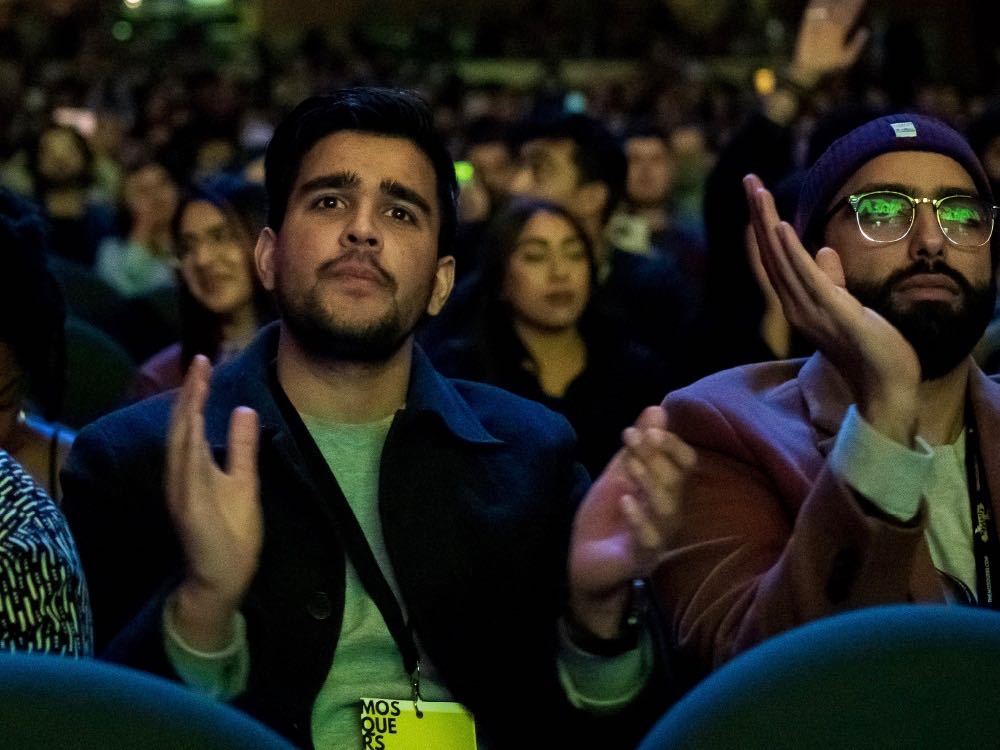Edmonton’s Mosquers film festival is unapologetically Muslim, but that doesn’t mean the films on showcase are what you might expect.
This year, the premier film festival wants to platform a different side of the Muslim filmmaking community — one with a foundation in its humanity and that steers clear of the tropes sometimes ascribed to their films.
“In the beginning, we saw a lot of the same types of stories that were heavily focused on identity,” says production director Asif Quraishi. “We’ve grown to a point where we really have good quality, human stories from people of our faith background.”
Now heading into its 16th year, the festival has certainly grown from its humble roots. Started in 2007 as a competition between students at the University of Alberta, the festival now boasts submissions of more than 1,000 films.
The 2023 festival features seven short films, an afterparty platforming Muslim artists across a variety of mediums and a Sunday screening of Imran J. Khan’s Mustache.
But among the most exciting aspects of 2023’s festival, is a panel discussion with representatives from the Toronto International Film Festival and Telefilm Canada.
“The idea is to help Muslim artists connect and collaborate,” Quraishi says. “More and more people from our background in the West are starting to see the arts and film as a viable career path.”
That’s proof of a thriving community of Muslim filmmakers here in Edmonton and abroad, according to Quraishi, and it’s proof that Mosquers is at the vanguard of platforming the next generation of filmmakers.
“The Mosquers brand has grown to a point that Muslim filmmakers know this is the place that you go if you want your work to be seen by an audience that’s going to appreciate it.”
Running from Oct. 13 to 15, the seven films were selected for their cinematography, design and quality, but Quraishi says the festival is staying true to its core values: supporting an evolving narrative in terms of how the world sees the Muslim community.
